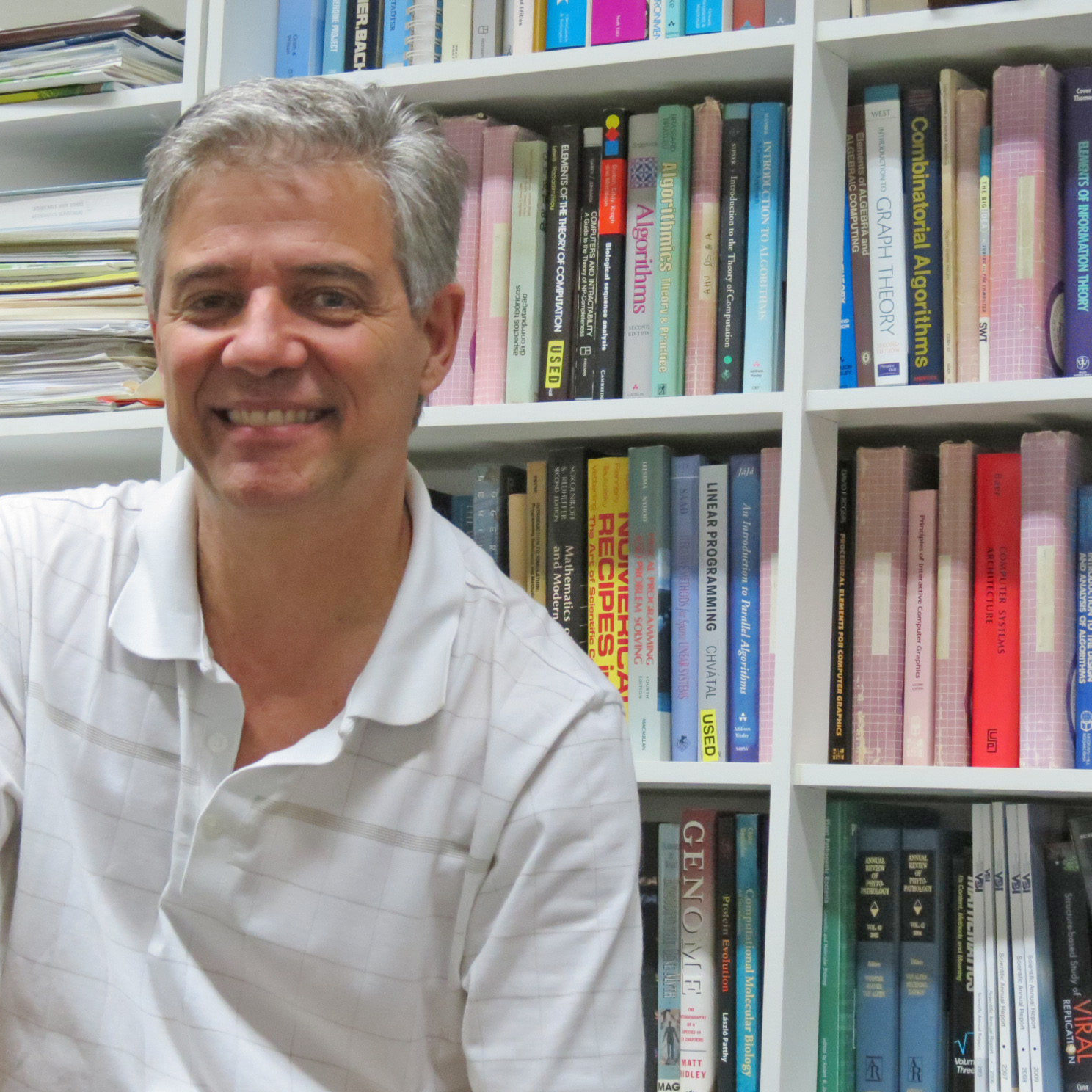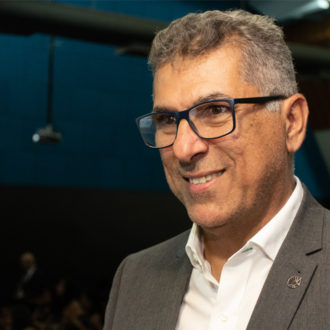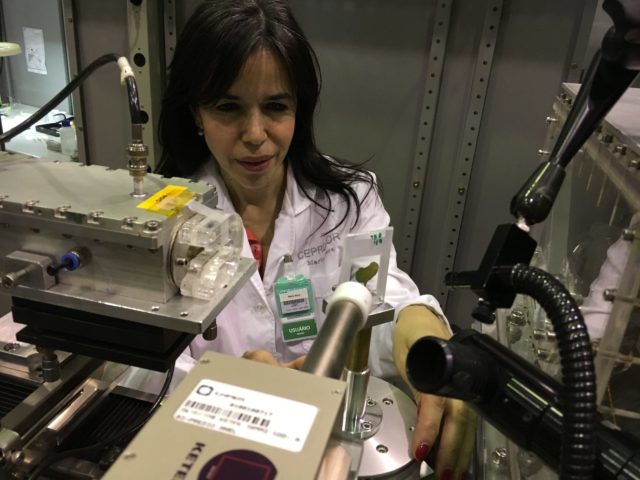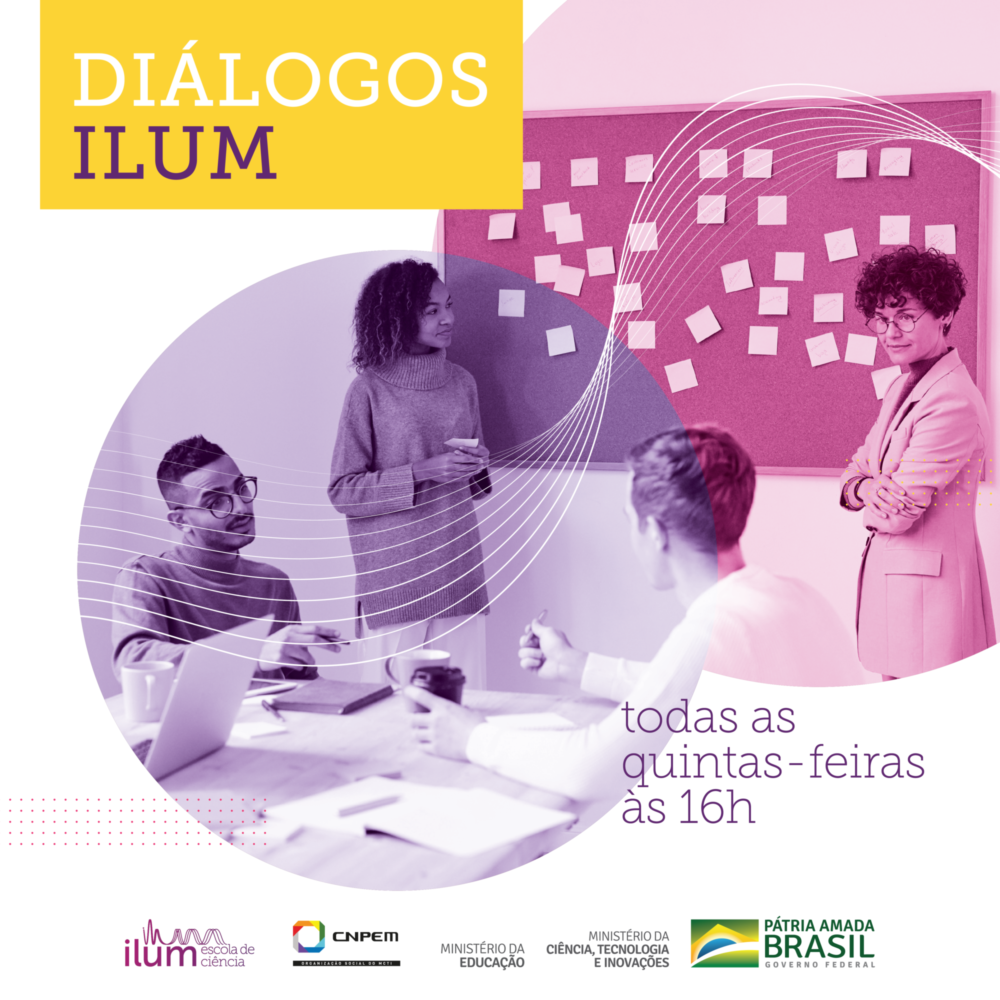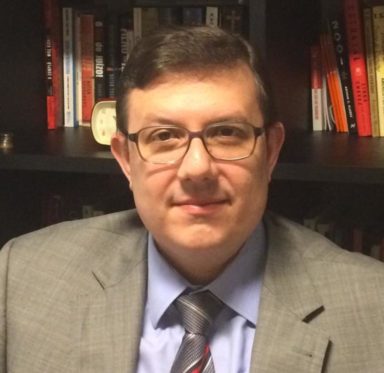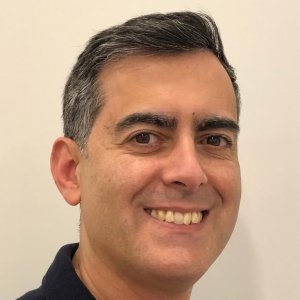MUNIR SALOMÃO SKAF
Full Professor, University of Campinas, Center for Computing in Engineering and Sciences, Brazil
“I have been familiar with CNPEM for several years and I have been working with several scientists from this magnificent set of national laboratories.
The scientific work that is being done at CNPEM is at the highest level, and the researchers, mostly talented young people, are very open to and supportive of cooperative work. This not only adds value to the science, but makes it enjoyable to work together.
This third edition of the IBSB Workshop, like the previous ones, was outstanding for its high academic level and the informal atmosphere that encouraged the significant participation by the public: not only as listeners, but as active participants, willing to ask questions and able to discuss the different topics without the inhibition that is seen in many scientific events. Much of this was due to the excellent work by the organizers, who emphasized from the outset that “it’s all about talking, participating, and interacting” so that science can move forward better. The group of speakers was especially well chosen. There was wide variety of topics and scope of techniques, as well as representativeness among the speakers, which made this event one of the best I have participated in recently.
A face-to-face conference obviously has its advantages in terms of peer interaction. We are social animals by nature, and having coffee together while discussing science is priceless, but the digital format does not leave anything to be desired for lectures. The quality of the seminars is not affected and you gain from the audience reached, which is much greater in an online setting. You also can have a speaker on the other side of the world, very conveniently and at zero cost. I personally have adapted well to the remote style for seminars and group meetings. Being able to wear shorts and flip-flops also has its advantages.”

